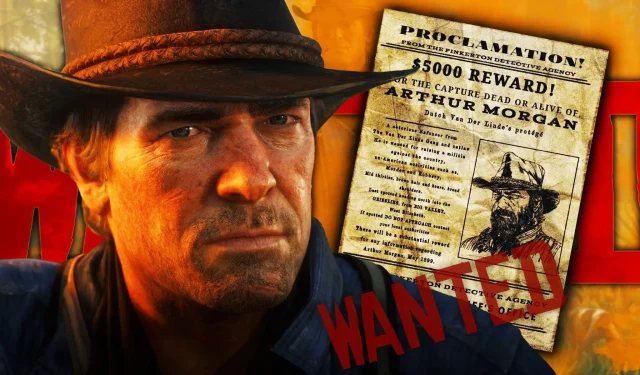
In the world of Red Dead Redemption 2, the honor system and the Wanted system are intricately intertwined. When Arthur Morgan engages in dishonorable acts, his honor diminishes, which complicates his ability to maintain a high honor rating, especially if he finds himself pursued by law enforcement. This connection can feel somewhat misleading in the context of a game that strives to portray the chaotic and lawless nature of the Wild West.
RDR2’s Wanted System: An Excessive Approach
An Unforgiving System for the Wild West
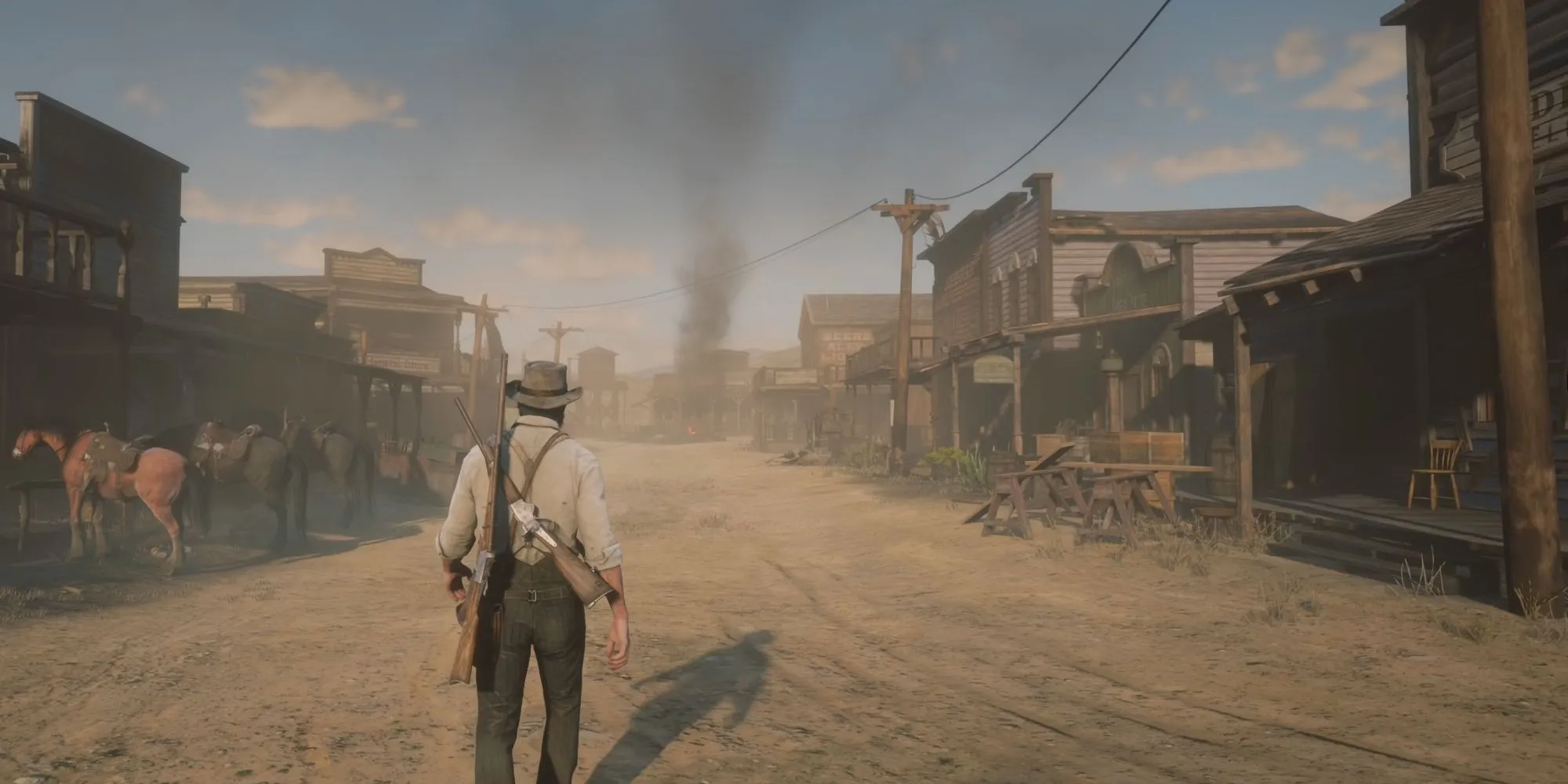
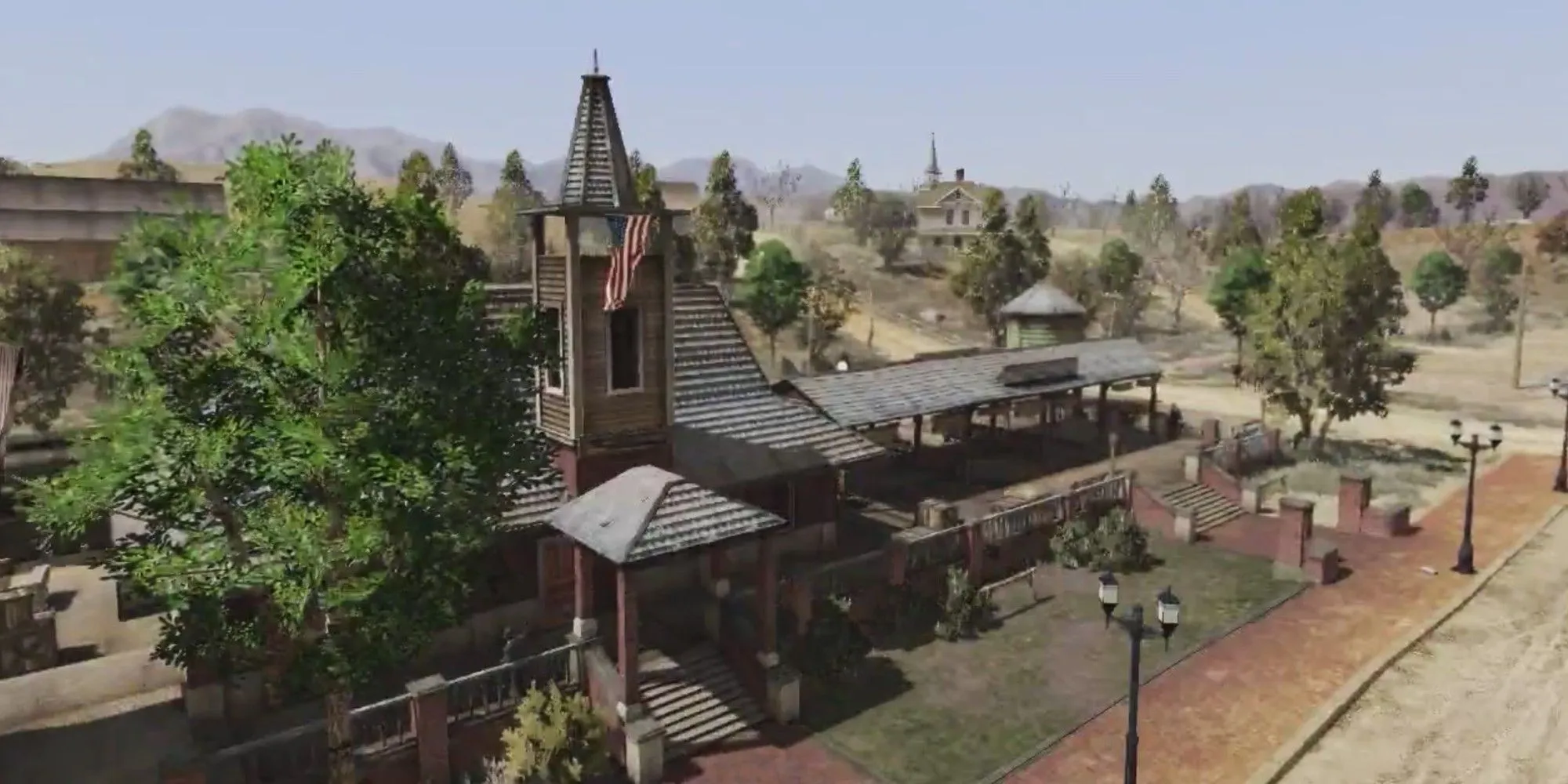
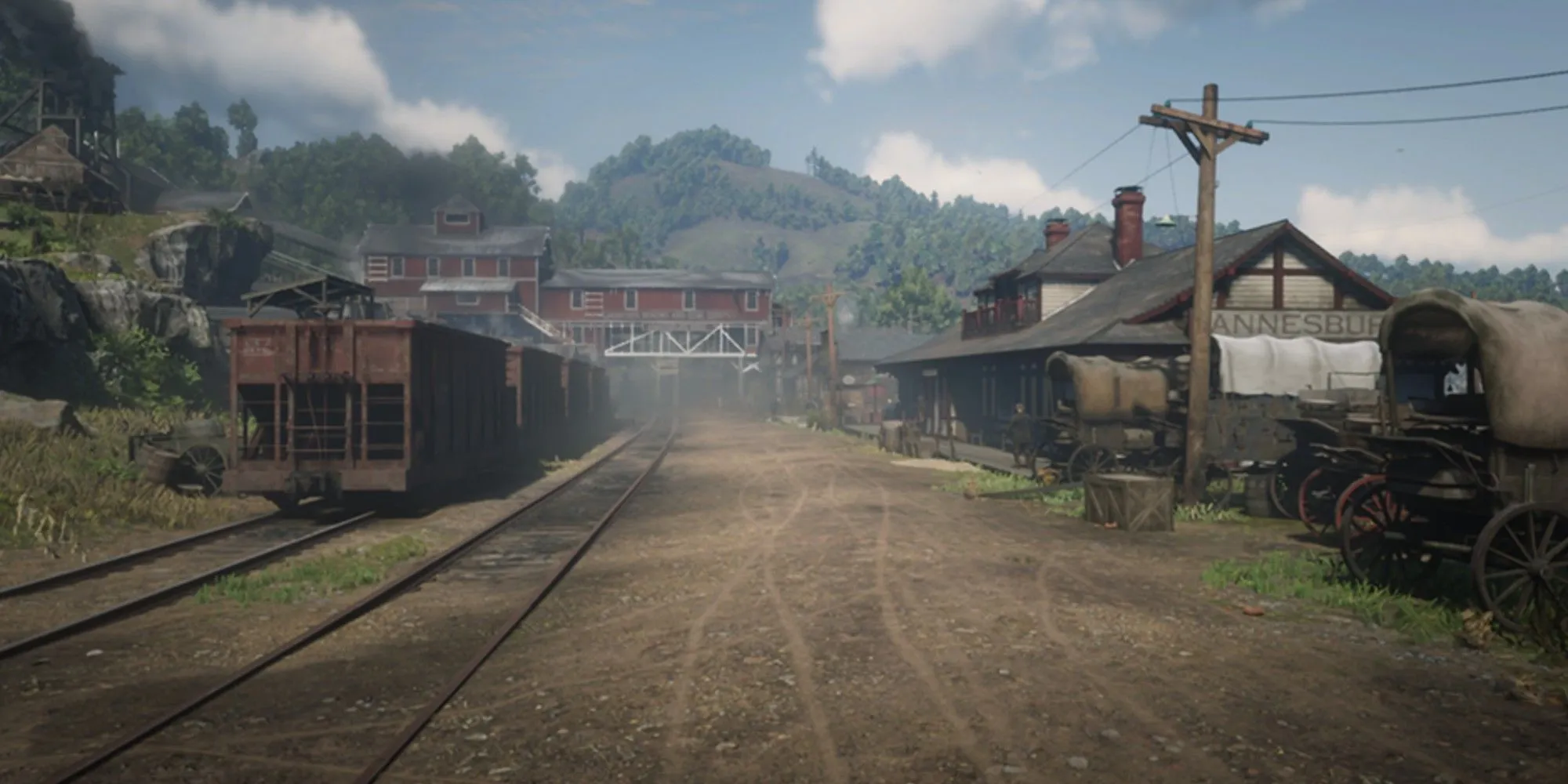
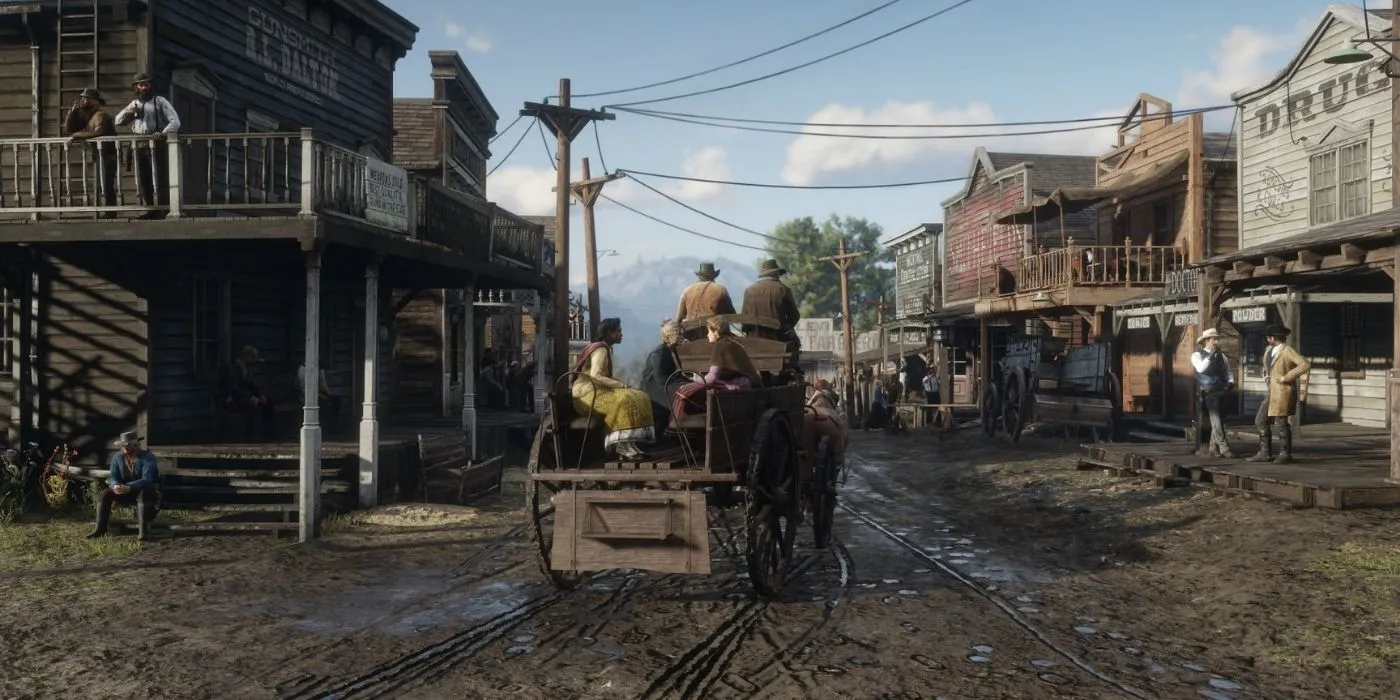
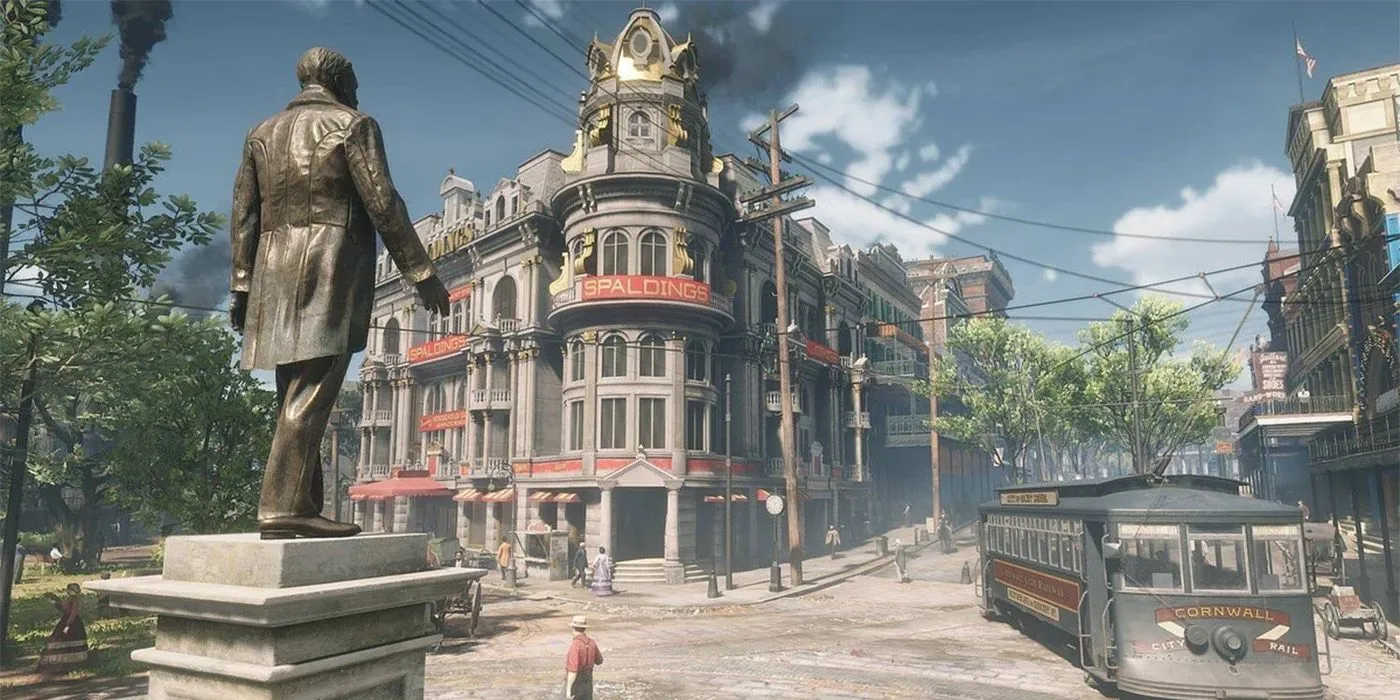
When compared to its predecessor, the Wanted System in Red Dead Redemption 2 feels markedly more aggressive. Law enforcement is depicted as omniscient, capable of identifying criminals even while masked, and witnesses seem ubiquitous, ready to report crimes regardless of location. This leads to an unrealistic experience, especially in scenarios such as train heists where, regardless of evidence, lawmen always seem to have a clear understanding of Arthur’s whereabouts.
Players often find themselves confronted with the frustration of receiving bounties even when they perceive no witnesses were present. This perception doesn’t align with the romanticized image of the Wild West, where lawlessness thrived. The allure of committing crimes in such an environment is diminished by a system that overemphasizes penalties, leaving players feeling constrained rather than empowered.
Comparing to the First Red Dead Redemption: A More Forgiving System
Lack of Consequences for Criminal Activities
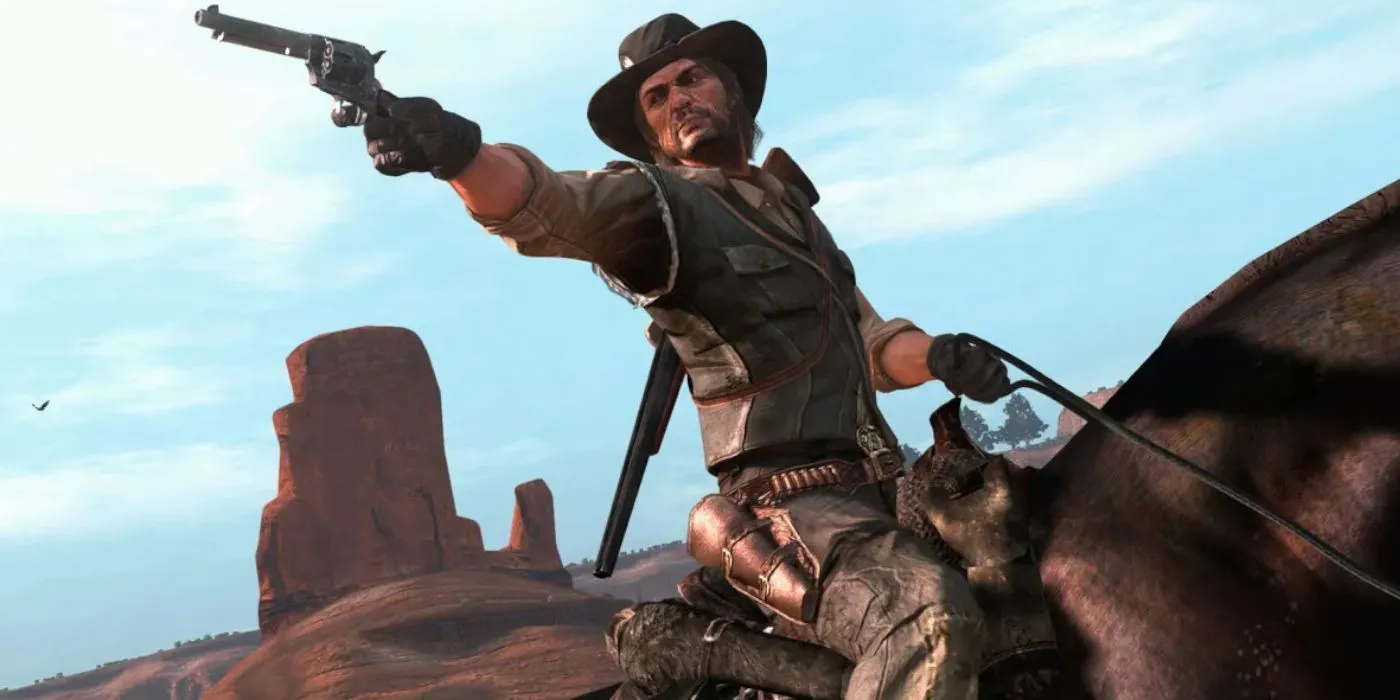
In stark contrast, Red Dead Redemption, the first installment, featured a far more forgiving Wanted System. Players could engage in various criminal activities—ranging from brawls to kidnappings—with minimal repercussions. This leniency stands in sharp opposition to the stringent expectations of the sequel.
Achieving a balance between the two extremes is crucial for future game iterations. The ideal situation would incorporate a Wanted System that poses challenges without being excessively punitive. Striking this equilibrium will be vital in ensuring that players remain engaged while experiencing the consequences of their actions.
Red Dead Redemption 3: Reimagining the Wanted System
Creating Realistic Challenges Without Unrealistic Penalties

For Red Dead Redemption 3, a middle-ground solution appears essential. Players should have the opportunity to escape without undue attention if they execute a well-planned getaway or if they’re discreet in their actions. Moreover, the mechanics surrounding train robberies must be refined to create a more equitable gameplay experience.
Consider a system where, if Arthur leaves witnesses behind that recognized him, a bounty would develop a day or two later in the town the train reaches—a realistic scenario where law enforcement relies on civilians for assistance. This dynamic could add an engaging layer of strategy, as players may remain unaware of their notoriety until they confront it in the next town.
Furthermore, integrating a notoriety scale alongside the existing honor system would allow players to navigate their criminality more dynamically. As they gain notoriety, their criminal reputation could affect how lawmen perceive and react to them, encouraging players to tread carefully around witnesses while contemplating the thrill of infamy.
This revised approach to the Wanted System would promote tactical gameplay and encourage players to weigh the risks and rewards of their actions, ultimately leading to a richer gaming experience in Red Dead Redemption 3.




Leave a Reply